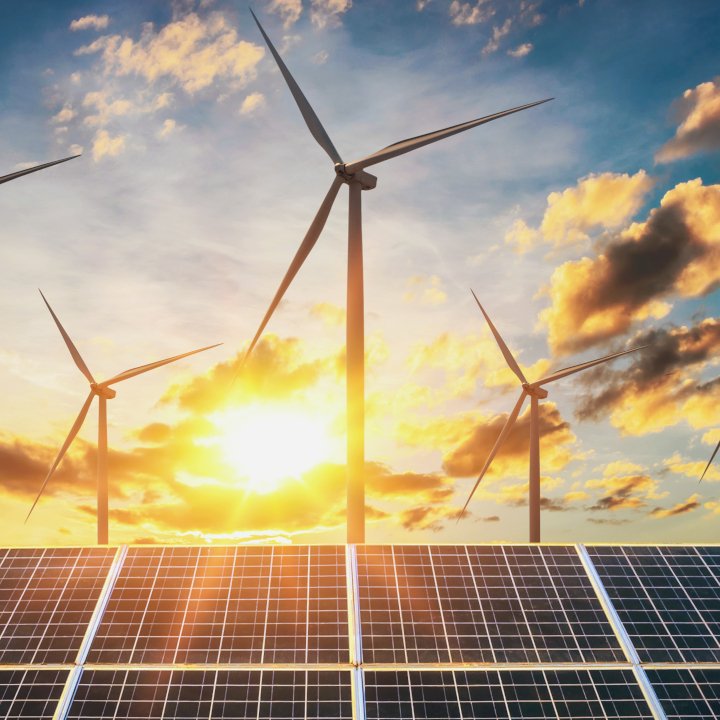Podcast: How can renewable energy overcome its human rights problems?

BHRRC Renewable Energy & Human Rights Benchmark Briefing
'How can renewables overcome their human rights problems?', 8 October 2020
Renewables are essential in the fight against global warming. But does the switch to clean energy have to come at the expense of the most vulnerable?
Research has shown that renewable energy companies are falling short on efforts to safeguard workers and communities in their supply chains. From sourcing of raw materials to the sites where power generation facilities are built, the industry has been found to be riddled with exploitation....
As renewable energy capacity skyrockets, calls are growing for an energy transition that is both fast and fair. Can the sector, with its complex supply chains and hunger for land, effectively address human rights concerns?
Eco-Business speaks to Berlin-based Jessie Cato, natural resources and human rights programme manager at the non-profit Business & Human Rights Resource Centre.
Tune in as we talk about:
- Where renewables infringe on human rights
- How clean energy companies handle criticism
- The impacts of Covid-19 on human rights
- Why the industry should be worried
- Ways to stamp out abuse in supply chains.